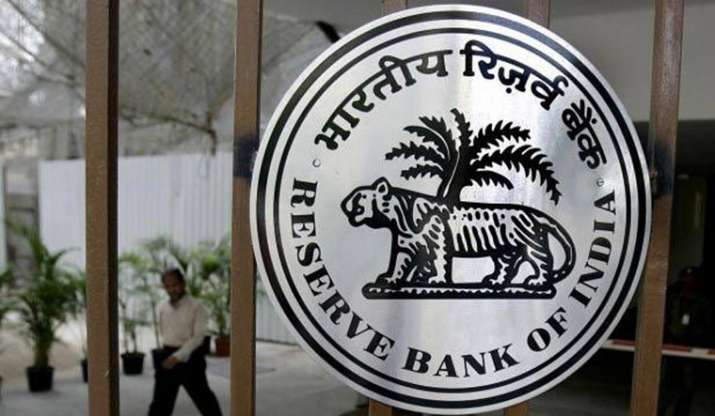Navigating the Currency Demand Paradox: RBI Paper Emphasizes Cybersecurity and Customer Protection
In a recent paper titled ‘Cash versus Digital Payment Transactions in India: Decoding the Currency Demand Paradox,’ the Reserve Bank highlighted the importance of cybersecurity, customer protection, and cost-effectiveness in sustaining the surge in digital payments catalyzed by the Covid-19 pandemic.
Transition from Cash to Digital Payments
The paper notes a decline in the transactional use of cash, with digital payment methods gradually replacing cash transactions. While the role of cash as a store of value persists, the shift towards digital modes of payment is evident. The Covid-19 pandemic has played a role in accelerating this transition.
Impact of the Pandemic on Currency Demand
Similar to global trends, the pandemic prompted a temporary increase in currency demand in India. This rise was primarily attributed to precautionary measures and the perception of cash as a store of value during uncertain times.
Sustaining Momentum in Digital Payments
To maintain the momentum towards digital payments initiated by the pandemic, the paper emphasizes concerted efforts on various fronts:
- Cost-Effectiveness: Ensuring the cost-effectiveness of digital payment modes and relevant acceptance infrastructure is crucial. This involves considering both the demand side (consumers) and the supply side (merchants and intermediaries).
- Universal Access: Efforts should be directed towards ensuring universal access to key enablers, such as smartphones and internet connectivity, to facilitate broader participation in the digital payment ecosystem.
Cybersecurity and Customer Protection
Acknowledging the critical role of cybersecurity and customer protection, the paper underscores their importance in building and maintaining trust in digital transactions. As more individuals and businesses engage in digital payments, safeguarding against cyber threats and ensuring customer protection become paramount.
Month: Current Affairs - November, 2023
Category: Economy & Banking Current Affairs


